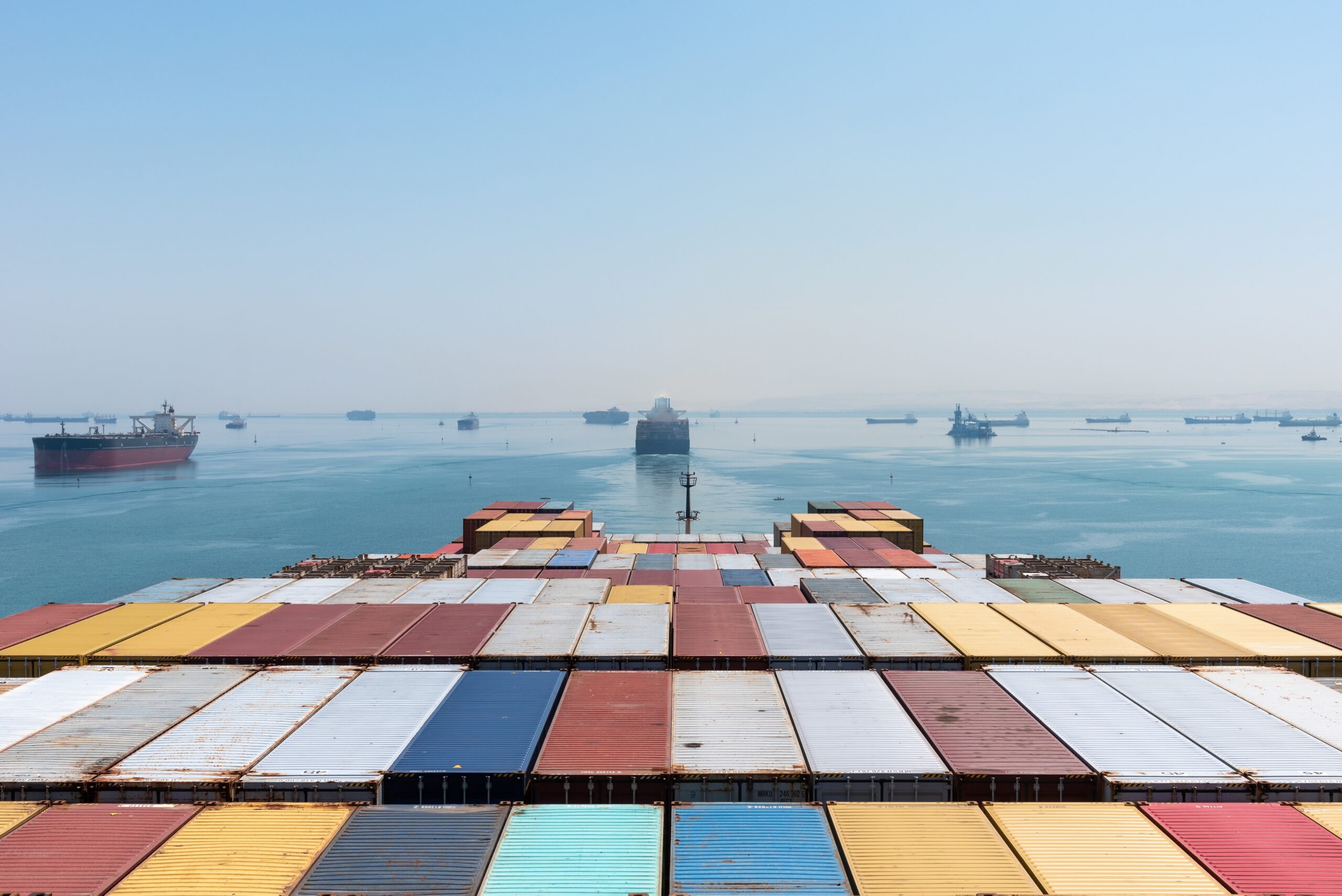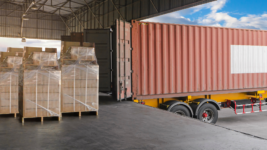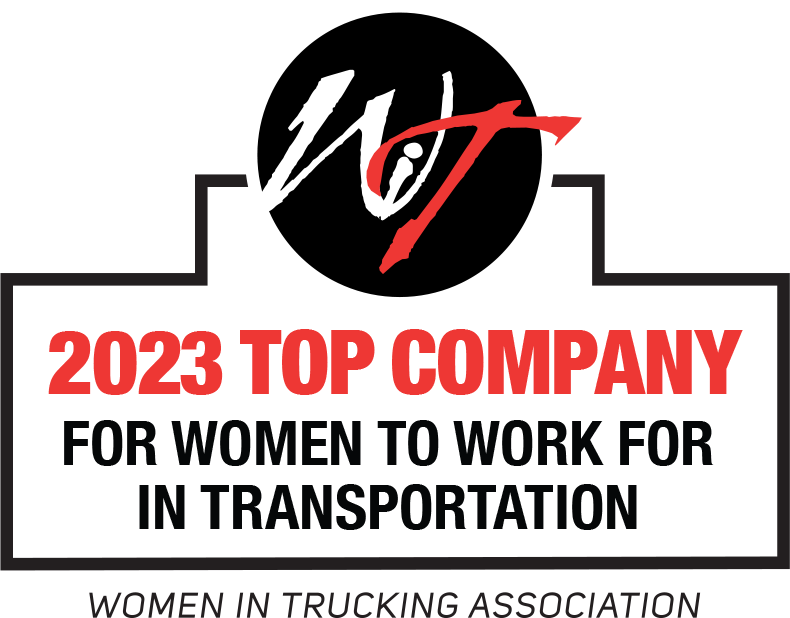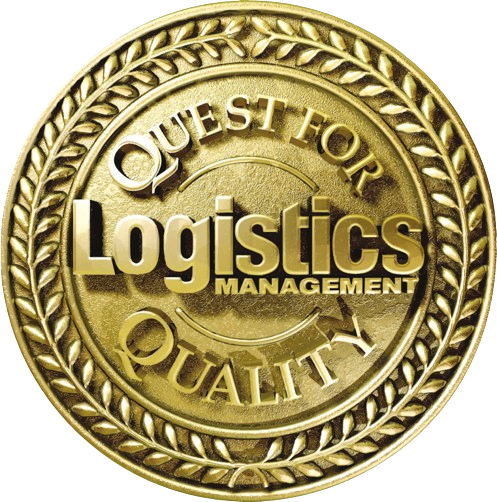Two of the world’s major canals have been making a lot of headlines – and handling a much smaller amount of shipping traffic – thanks to two very different crises. What’s the over-under on how much this could affect our company?
First of all, fasten your seatbelts and get ready for considerably higher ocean shipping charges.
As more Asia-to-U.S. container ships continue to bypass the Suez Canal and sail around the Cape of Good Hope instead, they’re adding at least 1,500-plus nautical miles and at least seven days to their transit times while substantially increasing everything from their fuel expenses ($500,000 to $1 million per vessel, per transit) to their insurance, labor and inventory carrying costs.
Meanwhile, as months of severe drought conditions continue to limit the number, weight and size of vessels that can sail through the Panama Canal, many Asia-to-U.S. vessels are also finding it necessary to travel via considerably longer routes, including one that also goes around the Cape of Good Hope. In the process, they’re adding anywhere from 7-10 days to their transit times and increasing their expenses for many of the same reasons listed above.
What if my company doesn’t use any ocean shipping?
You’ll still feel the impact, because even if you don’t source internationally, chances are good that at least some of your suppliers or their suppliers do. Ultimately their increased ocean shipping rates and surcharges will wind up being passed along to customers like you in the form of higher product or commodity prices.
Are there any other potential side effects?
Unfortunately, yes. Some companies like Volvo and Tesla have already begun to experience supply chain disruptions because many of the vessels they counted on sailed via the more efficient Panama or Suez Canal routes but are now taking considerably longer routes to get from point A to point B.
Also, due to the fact that hundreds of vessels are now spending more days on the water, many won’t be available to make the same number of voyages they once did, while all of the containers they’re carrying will be tied up for longer. This could result in capacity and container shortages. In addition, it could increase the price of new containers.
How many vessels or journeys have been affected?
A better question would be: “How many vessels or journeys have been affected so far?”
According to an early January Linerlytica report, more than 354 vessels carrying 4.65 million 20- foot equivalent units (about 16.4% of the global shipping fleet) – had already been diverted to the Cape of Good Hope as a result of the Red Sea crisis.
Meanwhile, the Panama Canal has already been forced to reduce its crossings by more than 36%, and some predict that more reductions are coming. In fact, according to research from McKinsey, there could be up to 4,000 fewer Panama Canal crossings in 2024 than there were in 2023; this includes nearly 2,000 vessels that will likely travel via the Cape of Good Hope instead.
We’ll be sharing more statistics and insights in the future, because unfortunately neither of these crises shows signs of abating anytime soon. So, watch your inbox. In the meantime, give AFS’ ocean shipping analysts a call at 318.798.2111 if you’d like to discuss the direct and indirect impacts to your supply chain.










